PC-7 Turbo Trainer
The primary task of training turboprop aircraft is to prepare the pilot for advanced training on more complex and powerful machines. The general prerequisite of the training aircraft is excellent manoeuvrability and reliability, which Pilatus PC-7 Turbo Trainer certainly offers.
The PC-7 is a two-seat turboprop trainer that was developed by the Swiss company Pilatus Aircraft during the 1960s. The factory version then made its first flight a decade later, in 1978. The Turbo Trainer is equipped with a Pratt & Whitney Canada PT6A-25A engine of 410 kW, which powers a three-blade propeller.
Pilatus PC-7, due to its popularity, underwent through modernization programme under the name Mk II in the 90s . PC-7 Mk II received a new aircraft fuselage and avionics, which were used from the newer PC-9. The Turbo Trainer was also equipped with a new 522 kW engine.
Although the task of the PC-7 is primarily to train new pilots, it can also be equipped with machine guns, missiles or bombs. In the armed modification, the aircraft went through several conflicts in South America or Africa.
Over 500 aircraft have been built over the years. Much of which are still being used by both civilian and military operators. PC-7 serves in the air force not only South America, Africa or Southeast Asia but also many European - Switzerland, the Netherlands, France or Austria.
► Aviation Archive - PC-7 Turbo Trainer
Specifications |
|
|---|---|
| Wingspan | 10.40 m |
| Length | 9.78 m |
| Height | 3.21 m |
| Empty weight | 1 330 kg |
| Max takeoff weight | 2 700 kg |
| Maximum speed | 412 km/h |
| Service ceiling | 10 000 m |
| Range | 2 630 km |
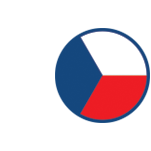

















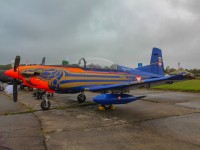
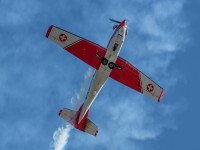
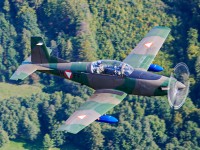

















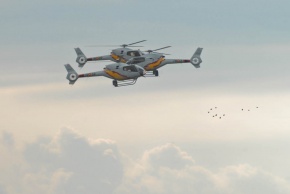
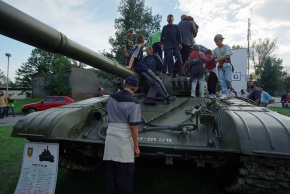
.jpg)
.jpg)